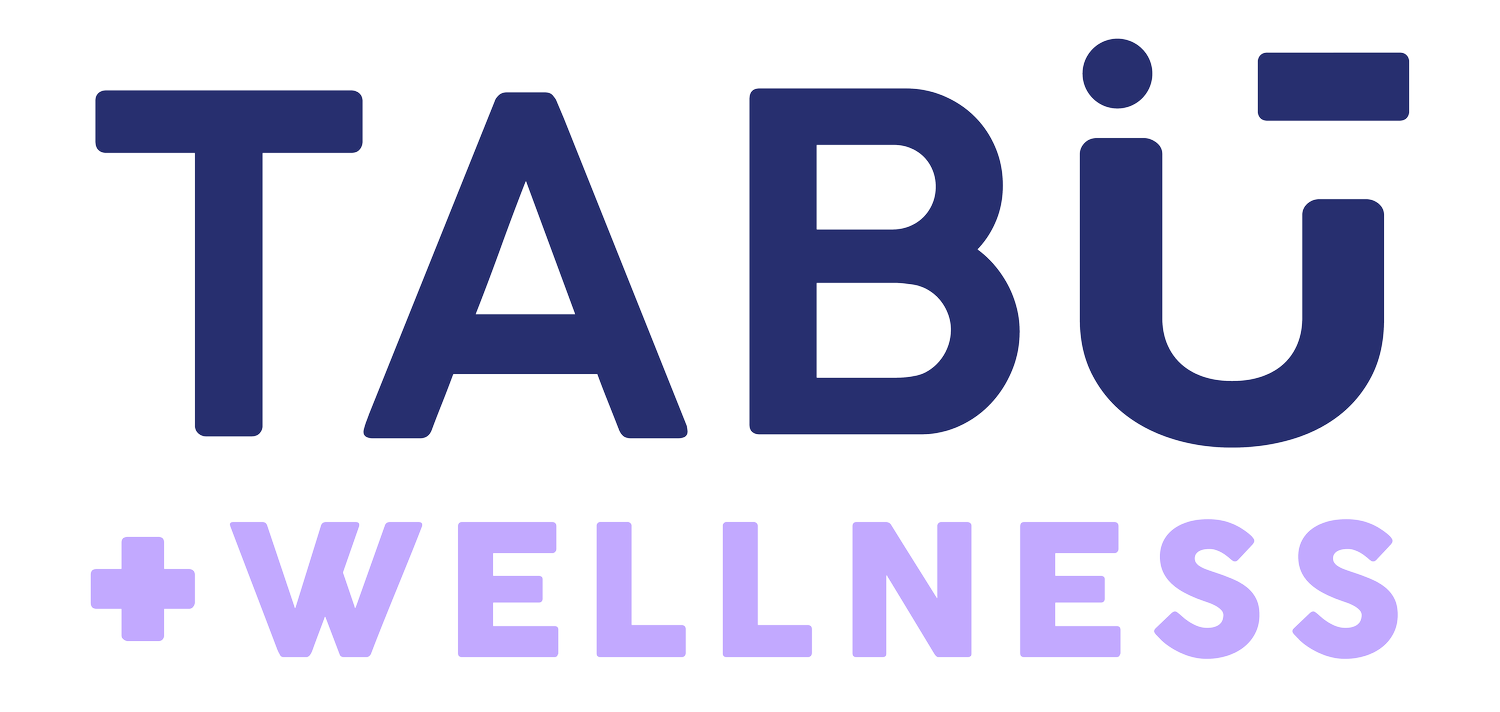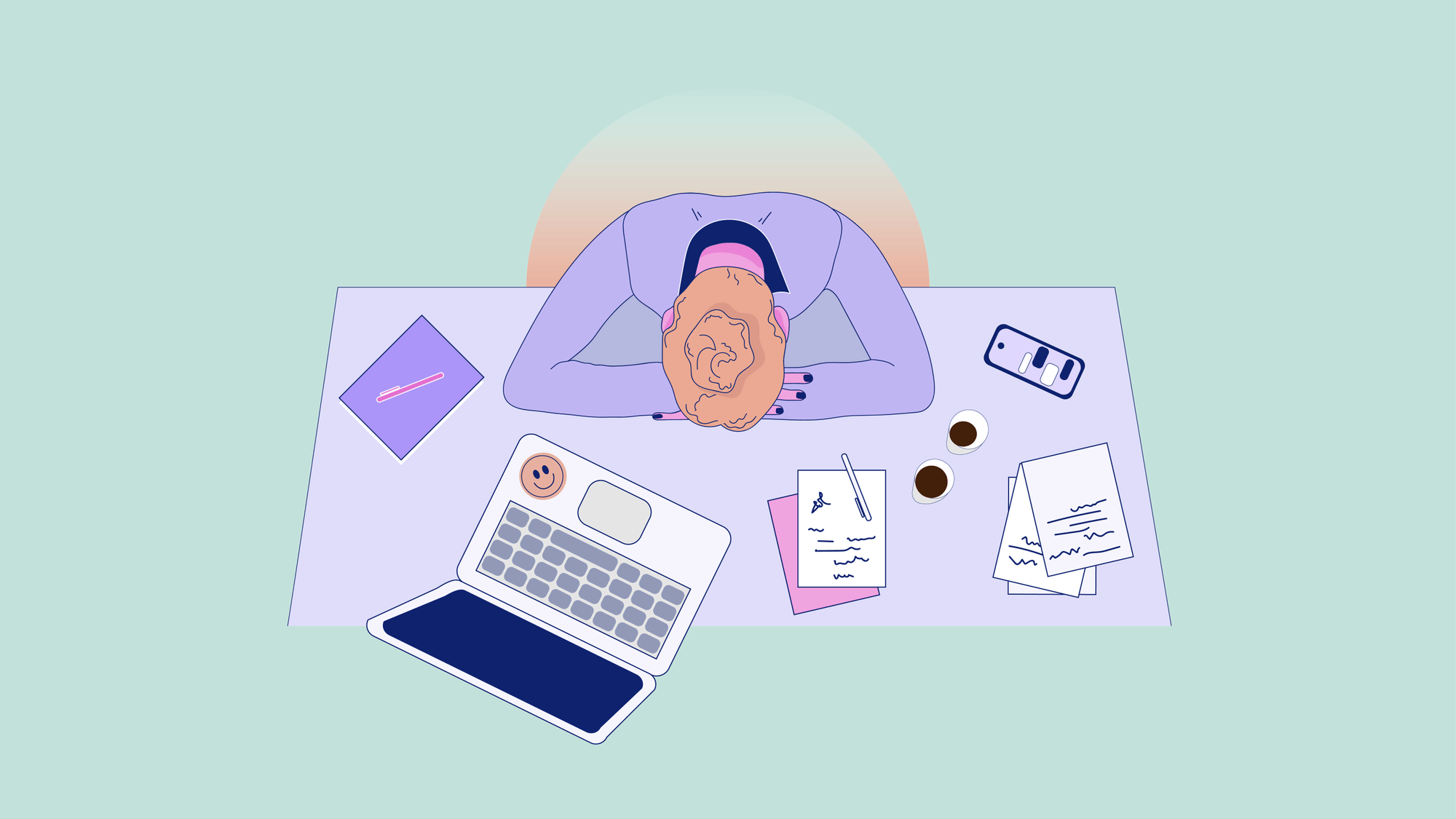5 Practices for Mental Health Professionals to Prevent and Manage Burnout
Feeling overwhelmed lately? It's time to address burnout.
Studies show that nearly half of therapists admit to feeling burnt out due to the emotionally taxing nature of the job. In a profession where you’re constantly giving, it’s not uncommon to start giving out. Not making time for self-care as a mental health professional can lead to a host of negative mental and physical symptoms. If you’re feeling dissatisfied, low-energy, irritable, and having trouble focusing or being creative, you might be burnt out. The mental characteristics of burnout can also be accompanied by physical symptoms such as headaches and stomach pain.
So, what exactly causes burnout? Burnout can be the result of any number of stressors, including:
heavy caseloads
compassion fatigue
limited social interaction with colleagues
lack of resources or support
staffing shortages in a group practice,
unmanageable hours (working too early or too late)
working with clients that aren't the best fit
not being appropriately compensated for your work
lack of work/life balance
outside roles and responsibilities (such as being a caretaker or caregiver)
family/friend/relationship/life stress
One of the primary precursors to burnout is loose boundaries between you and your work. Emotional labor is rewarding but can also be exhausting. If you work for yourself or if you’re paying off student debt, you likely also have financial stress that makes it difficult for you to “turn off” work or feel like you can ever relax.
Mental health professionals with marginalized identities experience the same stressors as other mental health professionals on top of the burden of being underrepresented, stretched thin from high demand, and internalized pressure to give back to their respective communities. While systemic racism continues to invalidate and oppress Black, Indigenous, and people of color, the resulting racial trauma persists as well—trauma that can make it difficult to show up for clients while they are processing, grieving, and coping themselves. This also goes for therapists who face identity-based discrimination.
Maegon Renee, therapist and self-care coach, has 24/7 boundaries implemented in both her professional and personal life. She emphasizes that “Boundary setting is vital for everyone no matter who they are. Being marginalized means you may have to set different boundaries to protect your peace of mind and mental health. This concept is something that is not taught in school and needs to be included in the curriculum.” Setting boundaries and carrying out self-care strategies is vital to your mental health. Preserve your mental health and never give more than you can handle.
Preventing and Recovering From Burnout
Boundaries are crucial, but how else can you prevent burnout or cope if you’re already in the thick of it? Let’s explore some meaningful strategies that you can implement alongside boundary-setting.
Schedule time for you.
Be intentional with the time you want to put into taking care of you. Maegon finds that, “Putting myself on the calendar just like I do with other obligations has been helpful. This means I schedule in all the self-care things I enjoy such as dance class, getting my nails done, meditation, and reading.”Take stock of your financial health.
Reevaluate your rates each quarter and raise them when wanted or needed. With that, if you currently offer sliding scale payment methods and it’s hurting your financial and mental wellbeing, then offer a lower set rate. Allow yourself the financial stability and predictability you need to live comfortably. Creating a podcast, membership, e-book, or other forms of passive income can be another great avenue to secure financial stability and freedom; just be sure not to take on too much and seek assistance when needed (we’re here to help!).Go to therapy.
We’ve touched on this, but it’s so important. Take care of yourself by asking for help. Therapists are also human and you are just as valid as a health professional even when you need some guidance yourself. In fact, seeking therapy can be pivotal to both your professional and personal success.Limit your screen time.
Let’s get real, 5 or more hours of screen time a day is…a lot. We consume so much on social media - from memes to current events to educational content. It can help us connect with others or disconnect from reality when we need a break, but it can also distract us from being mindful throughout the day. Make a point to step away from your screens and be present in the moment. This will allow you to be more aware when you begin to feel symptoms of burnout. Studies have also shown that self-reflection can lead to lower levels of compassion fatigue. Allow yourself the time and space for mindfulness and incorporate exercise and movement into your day to replenish your brain and body. Still need to zone out? Try doing a puzzle, drawing, or reading a book instead!Find a routine to fit your current needs.
Maegon explains that, “Self-care practices change depending on the season in your life. It’s important to be open to switching up your self-care practices because they can get stale, life happens, and your needs are always changing.” Whatever strategy you need—it might be exercising, reading, getting more sleep, spending time with friends and family, or practicing meditation—try to find and stay consistent with anything that helps you feel rejuvenated and content.
There are plenty of useful strategies out there when it comes to preventing burnout. The key is finding what works best for you, your schedule, and your personality. Show yourself some compassion and the kind of care you so regularly and naturally extend to your clients and the people you love. When your battery is low, it’s important to rest and recharge.



